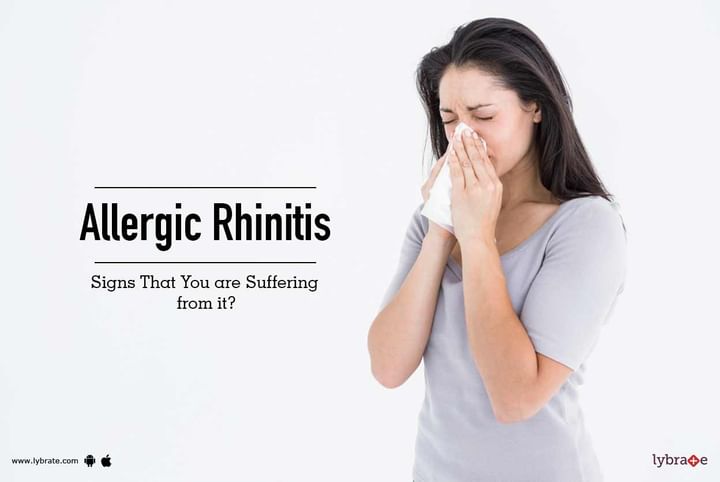Allergic Rhinitis - Signs That You are Suffering from it?
What is allergic rhinitis?
Allergic rhinitis is defined as allergic symptoms in the nasal passage. Allergic rhinitis can be seasonal (occurring during specific seasons) or perennial (occurring year round). The allergens that most commonly cause seasonal allergic rhinitis include pollens from trees, grasses and weeds, as well as spores from fungi and moulds. The allergens that most commonly cause perennial allergic rhinitis are house dust mites, cockroaches, animal dander and fungi or moulds. Perennial allergic rhinitis tends to be more difficult to treat.
How does allergic rhinitis occur ?
This condition occurs when allergens (allergy- causing substances) come into contact with the nose, and usually also the ears, sinuses, and the throat. When allergens come in contact with the lining of the nose and sinuses, they trigger the cells to release the chemical histamine, which causes the allergy symptoms described below.
What are the symptoms ?
- Nasal congestion
- Sneezing
- Watery " runny nose"
- Itchy eyes,nose,or throat
- Puffy eyes or 'allergic shiners'
- Post nasal drip
- Tears
These symptoms may occur during a certain season or year long. They can occur at any age.
What is the treatment for allergic rhinitis ?
A number of medications, including antihistamines, intranasal corticosteroids, and decongestants are available to control symptoms. Allergen immunotherapy could provide long lasting benefit. You can "train" your immune system not to react exaggerated to an allergen anymore.



+1.svg)
